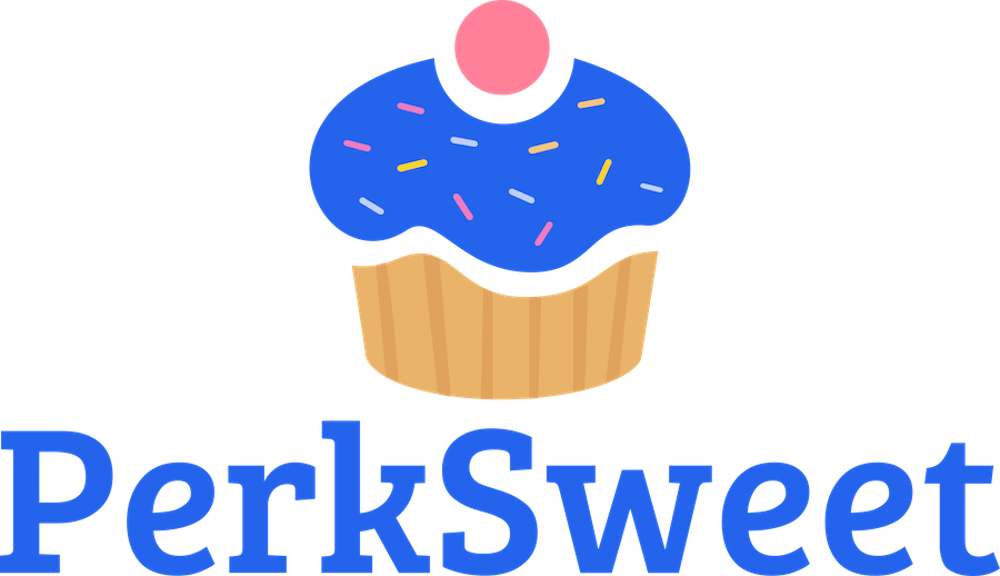In the dynamic world of modern work, organizations are increasingly focusing on the critical role of employee rewards and recognition. This blog explores the latest trends and strategies, drawing insights from authoritative sources like SHRM, Deloitte, and thought leaders like HBR.
Addressing the Great Resignation through Total Rewards
The Great Resignation, a term coined to describe the mass exodus of employees from their jobs, has led organizations to reconsider their retention strategies. As per SHRM, a significant number of U.S. workers are leaving their jobs in search of better compensation, improved work/life balance, and enhanced benefits. This trend highlights a shift in employee priorities and expectations from their employers. In response, companies are developing more flexible Total Rewards strategies. These encompass not just financial compensation but also benefits that contribute to a better quality of life, such as flexible working hours, remote work options, mental health support, and personalized benefit plans. By addressing these factors comprehensively, organizations can create a more attractive and satisfying work environment, which is crucial in retaining talent and maintaining a competitive edge in the job market.
Personalization and Communication in Rewards
The trend of personalization and open communication in rewards, as highlighted by Deloitte, is reshaping how companies approach compensation and benefits. Personalization involves understanding the unique needs and preferences of individual employees and tailoring rewards accordingly. This could range from offering a variety of health insurance options to providing customizable career development paths. Furthermore, transparency in communication about pay policies, as noted by over half of employers in a SHRM survey, is becoming increasingly important. Open discussions about compensation structures, performance evaluations, and promotion criteria help in building trust and demystifying pay disparities. This transparency not only aids in compliance with fair pay legislations but also fosters a culture of honesty and equity within the organization.
The Impact of High Inflation on Compensation
The recent surge in inflation is significantly influencing how companies approach employee compensation. To match the rising cost of living, many organizations are stepping up with considerable salary increases, as highlighted by SHRM. This strategy is crucial for keeping valuable employees on board, as there’s a higher chance they might look elsewhere if their pay doesn’t keep up with economic changes. Offering pay raises, bonuses, and other monetary incentives has become a key method for businesses to show their employees they are appreciated and financially stable. During these times of economic fluctuation, taking such steps in compensation is vital to boosting staff morale and loyalty.
The Role of Recognition in Employee Engagement
Employee recognition plays a pivotal role in enhancing engagement and productivity. A study by Gallup-Workhuman underscores that effective recognition can exponentially increase employee engagement. Recognition can come in various forms, from formal award programs to informal acknowledgments of a job well done. Deloitte’s research further supports this by showing that organizations with strong recognition cultures experience significantly lower voluntary turnover Deloitte. This indicates that when employees feel appreciated and valued, they are more likely to be committed to their organization, resulting in reduced turnover rates. Recognizing employees’ efforts and achievements contributes to a positive work environment and is a key factor in fostering a sense of belonging and motivation among staff.
Expanding Family Benefits
The expansion of family benefits in the workplace goes beyond traditional maternity and paternity leave. Modern organizations, as highlighted by SHRM, are recognizing the diverse needs of families, which may include adoption leave, eldercare, and extended parental leave. These benefits address a broader definition of family and caregiving responsibilities, reflecting the evolving societal norms and values. By offering a wider range of family leave options, companies demonstrate a commitment to supporting employees in all stages of their family life, which in turn enhances employee loyalty and job satisfaction. This comprehensive approach to family benefits not only attracts a diverse talent pool but also fosters a culture of empathy and understanding within the workplace, contributing to a more cohesive and motivated workforce.
Engaging a Diverse Workforce
HBR’s insights into engaging a generationally diverse workforce emphasize the importance of recognizing and valuing the unique contributions and needs of different age groups. From Baby Boomers to Generation Z, each cohort brings distinct experiences, expectations, and work styles. Engaging such a diverse workforce requires a multifaceted approach that includes creating inclusive environments where all voices are heard and respected. This involves providing various types of work arrangements, like flexible hours and remote work options, to accommodate different life stages and preferences. Furthermore, providing continuous learning and development opportunities is key to keeping employees, especially younger ones, motivated and invested in their roles. By fostering an inclusive culture that values diversity and offers opportunities for growth, organizations can harness the strengths of a multigenerational workforce, leading to innovative solutions and enhanced team dynamics.
The Influence of Younger Generations
Deloitte has observed a profound influence of Generation Z and Millennials on how workplaces operate. These younger groups are pushing for more than just salary increases; they’re actively seeking out companies that share their values, particularly concerning mental health and financial well-being. This shift is causing businesses to rethink their employee wellness strategies, placing a stronger focus on mental health support, including counseling options, stress management programs, and a nurturing work atmosphere. Moreover, these generations are sparking discussions about financial health, advocating for perks like assistance with student loans, financial planning tools, and clear pay structures. By addressing these areas, organizations can cultivate a work environment that deeply connects with younger staff, enhancing their sense of belonging and dedication.
The Need for Agility in Reward Strategies
The call for agility in reward strategies, as underscored by Deloitte, reflects the rapidly changing business environment and workforce dynamics. An agile approach to rewards involves continuously assessing and adapting benefits, compensation, and recognition programs to meet the evolving needs and expectations of the workforce. This could mean introducing new types of rewards, such as performance-based incentives, wellness programs, or flexible work arrangements, in response to shifting market conditions or employee feedback. It also involves leveraging technology and data analytics to gain insights into employee preferences and to personalize rewards effectively. By being proactive and adaptable, organizations can ensure that their reward strategies remain relevant and effective in attracting, motivating, and retaining a diverse and dynamic workforce.

